The short answer is yes, but the full story is a bit more nuanced.
At Northside Autohaus, we’ve tested this across a range of vehicles, especially European models like Audi, BMW, and VW. While it’s true the AC system draws power from the engine, the impact on fuel economy is often overstated. In most modern cars, the difference is minimal unless there’s something wrong with the system.
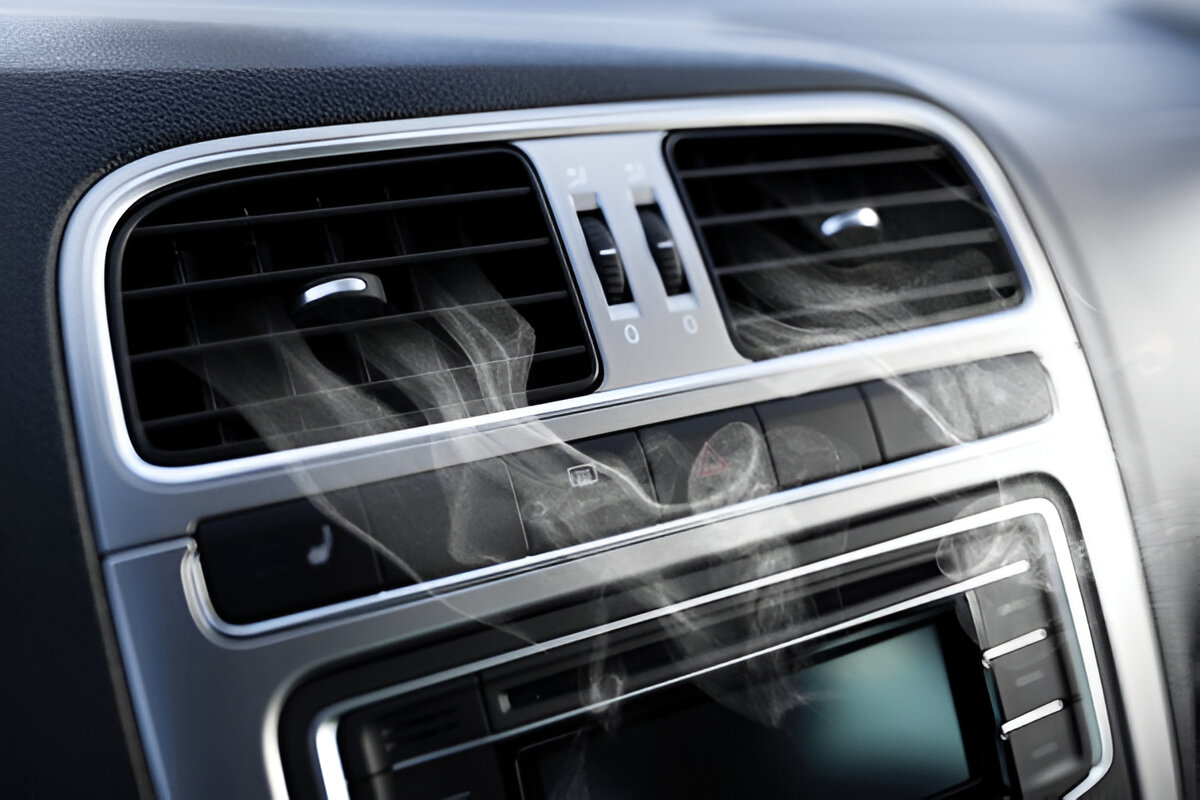
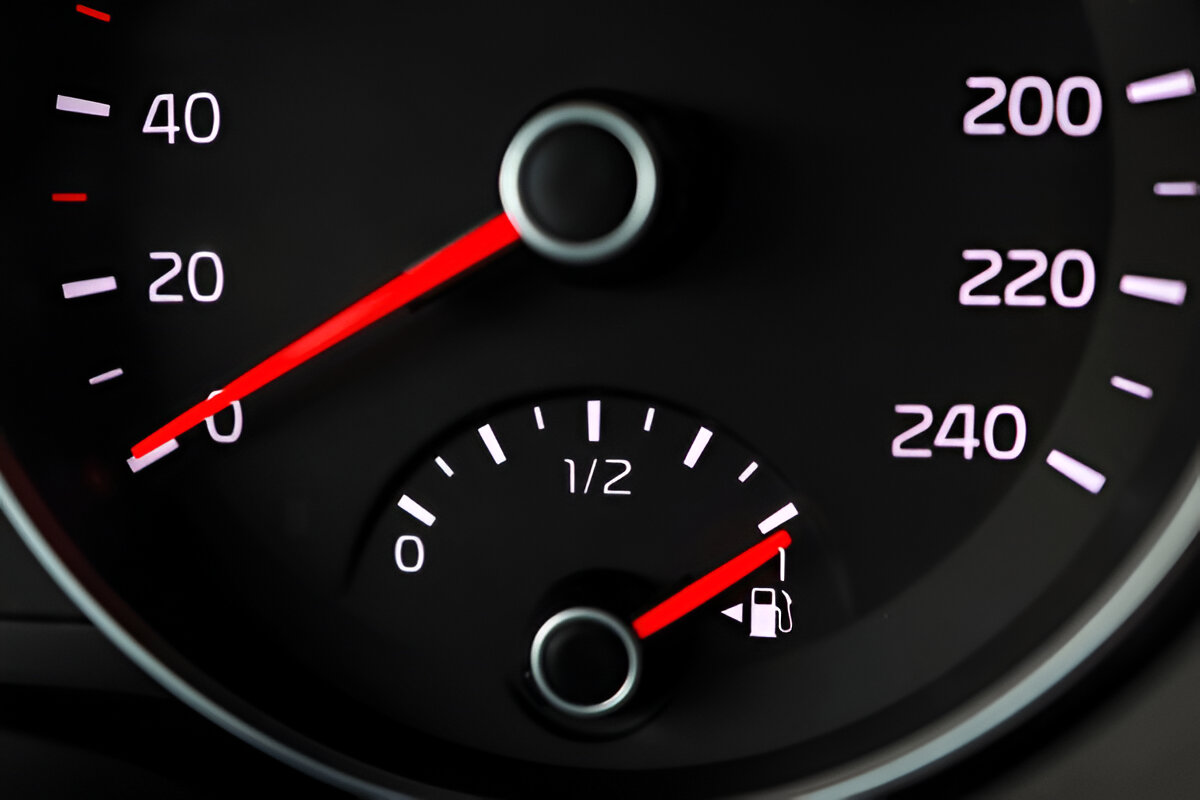
How Car Air Conditioning Affects Fuel Consumption
When you switch on the aircon, you’re engaging a component called the compressor. This is belt-driven and powered by the engine. As it runs, it places a slight additional load on the engine, which can increase fuel usage.
In older vehicles or those with large displacement engines, this could have meant a noticeable hit to fuel economy. But in today’s fuel-injected, computer-managed engines, the effect is typically small, usually less than 0.5 litres per 100km in normal driving conditions.
Where fuel use becomes a concern is when the system is not running efficiently.
When Aircon Actually Affects Fuel Economy
In these cases, even if the aircon is technically working, it's no longer efficient, and yes, it will start affecting your fuel bill more than it should.
Many of these issues show up during a standard air conditioning service and diagnostic check, especially if your system hasn’t been looked at in over 2 years.
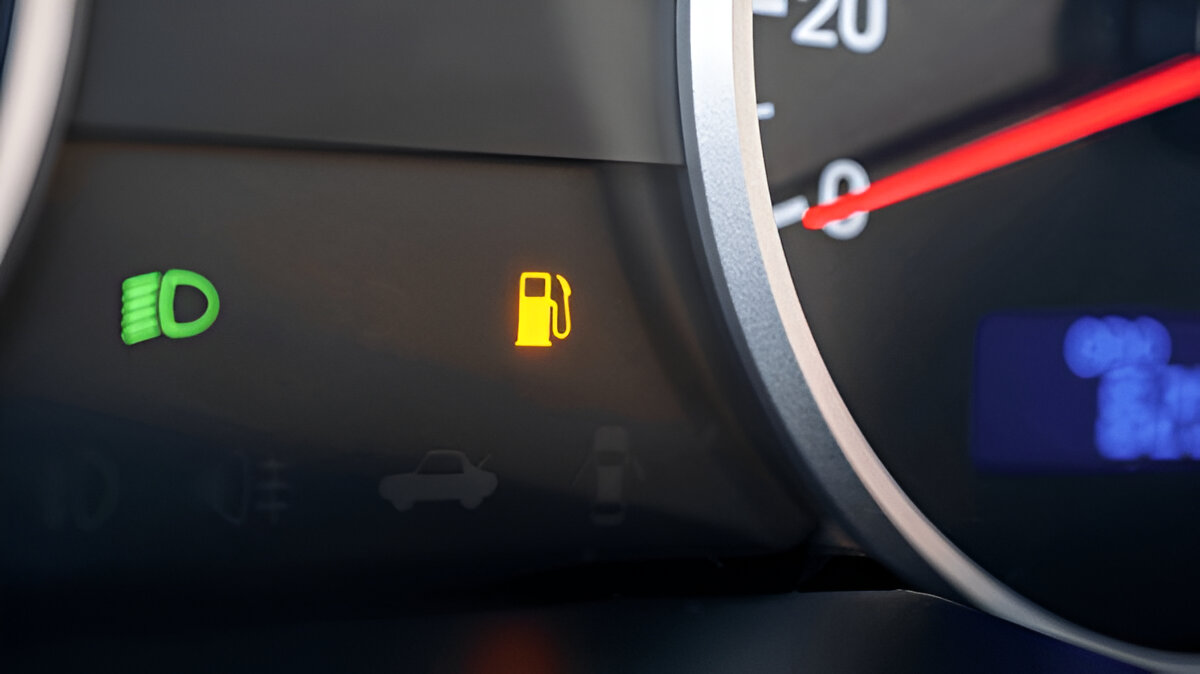
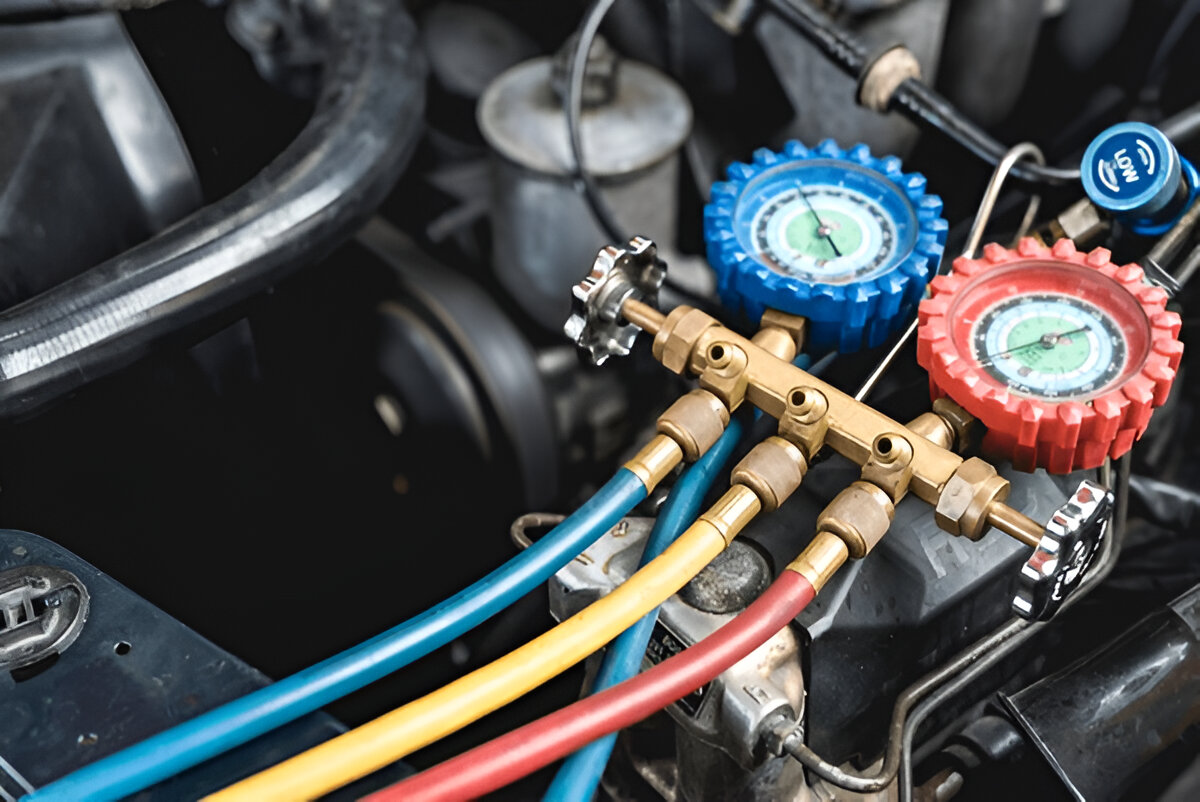
What Our Workshop Testing Shows
In other words, a healthy AC system has very little impact on your fuel use. But a poorly maintained one can absolutely cost you more, not just in petrol, but in comfort and repair bills later.
Simple Tips to Keep AC Efficient
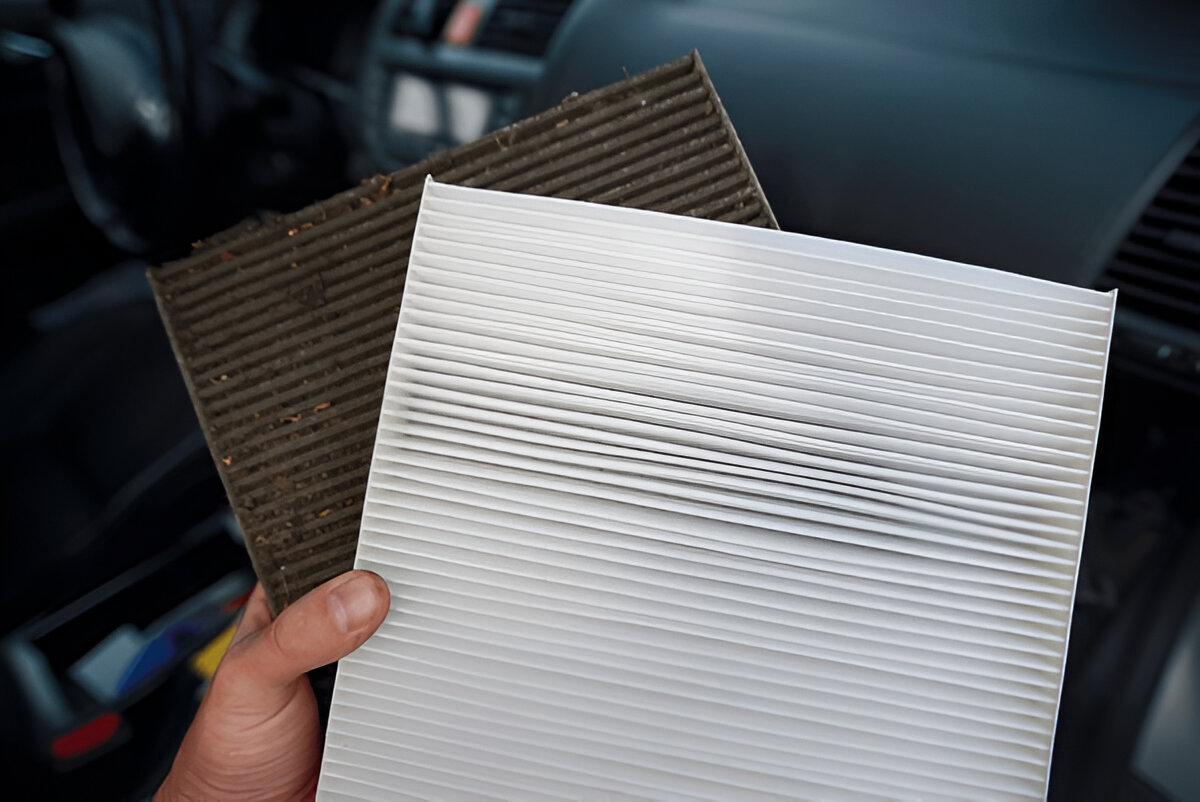
Brand-specific scan tools to check sensor data and control modules
Accurate pressure testing to detect leaks or compressor inefficiencies
Logbook-compliant servicing that keeps your warranty intact
Whether your AC is barely cool or just overdue for a check-up, we’ll get it running at peak efficiency.
Book your air conditioning service with our team today.








